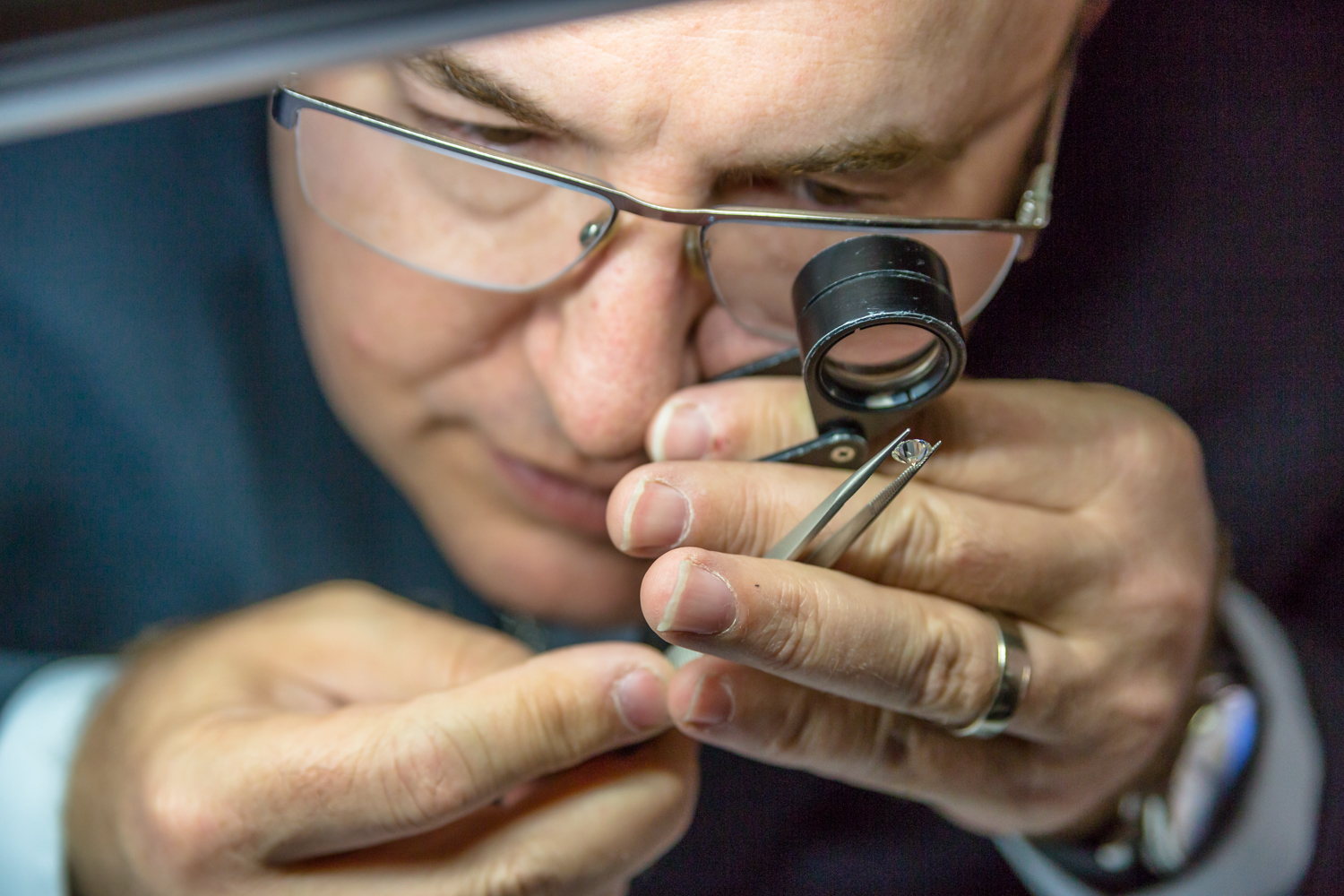A Brief History of Pawn Shops & Pawnbrokers
To begin, what exactly is a pawn shop? The word “pawn” comes from the Latin word “pignus,” which means to pledge. When someone has an item of worth on which they would like to receive a monetary loan, they take that item to a broker who receives it as a pledge (aka collateral or pawn) in exchange for money. A pawn shop serves as that kind of broker.
Pawn shops have existed since ancient times, and are arguably humankind’s oldest financial institution. In China, the history of pawn-broking can be traced back some 3000 years, where it was regulated by Imperial authorities. In India the practice originated with the Marwari Jain community and today is conducted by agents called “saudagar”.
In the West, our current laws on the practice are derived from rules that were established during the Roman Empire. Although prohibited by the early Roman Catholic Church, Franciscan monks worked as pawnbrokers to aid the poor. The Orden de Menores Observantes de San Francisco, established in Italy in 1450, requested that borrowers make donations to the Church instead of paying interest.
In England pawn shops were introduced following the conquest of William the Conquerer, after which the “House of Lombard” was established as a large medieval banking family and pawnbroker in England. The Lombards helped Edward III finance his kingdom’s war with France by accepting the King’s jewels and jewelry as collateral on substantial loans. The Lombard name itself is derived from the Italian province of Lombardy where pawn-broking services were called “Lombard” banking.
The ancient pawnbroker’s symbol of 3 suspended spheres can be traced to the practice of Lombard (aka pawn-broking) by Italy’s Medici family. Another famous pawn-broking story involves Queen Isabella of Spain who pawned royal jewelry in order to finance Christopher Columbus’s trip to Western India, which turned out to be the discovery of the “New World.”
Today pawn shops can be found worldwide. And the interest rates vary widely. In Asia, some practices exist which are unique to the East. For example, in India pawnbrokers are allowed to go to people’s homes and solicit offers. While in China the counter of the shop is built high off the ground so that the customer has to reach up and offer their belongings (so as to protect the security of the pawnbroker). In Hong Kong the symbol of a pawn shop is a winged bat (signifying fortune) holding a coin (signifying benefits).
For information on SDJB’s elite pawn shop service, contact San Diego Jewelry Buyers for a free, no hassle, appraisal.
We are San Diego’s trusted A+ BBB rated luxury pawn shop and estate jewelry buyer.
 our
our 

